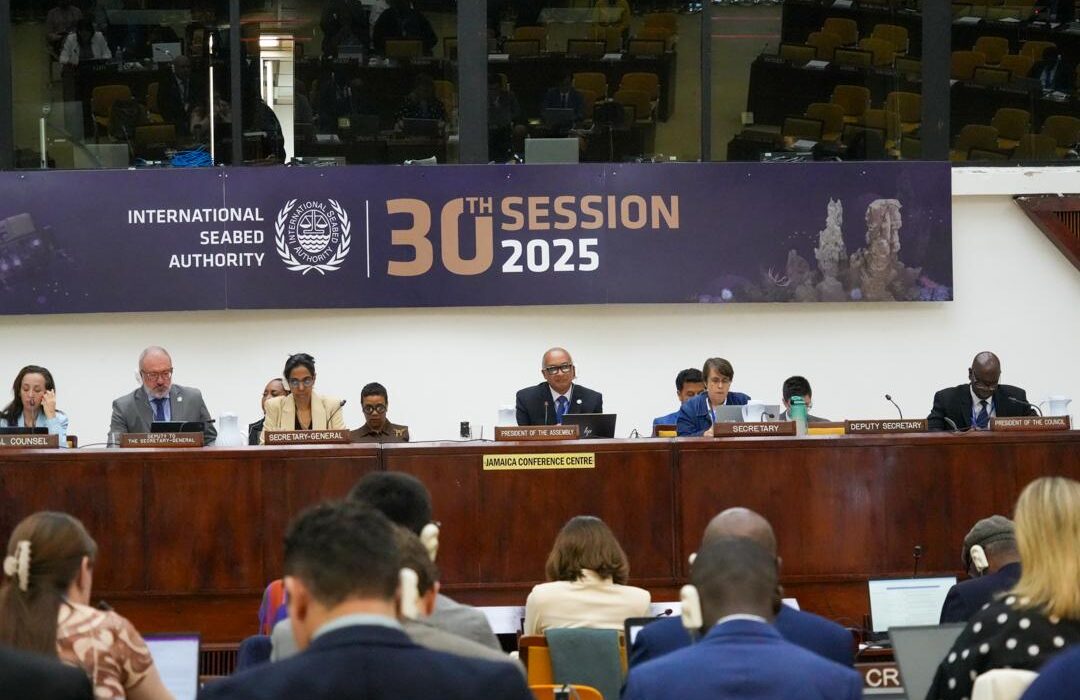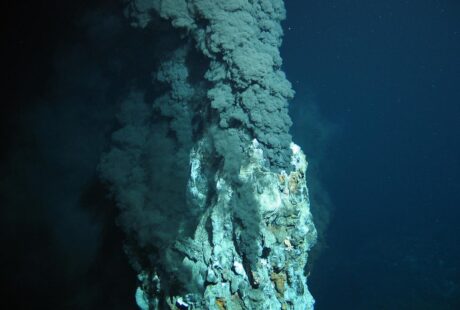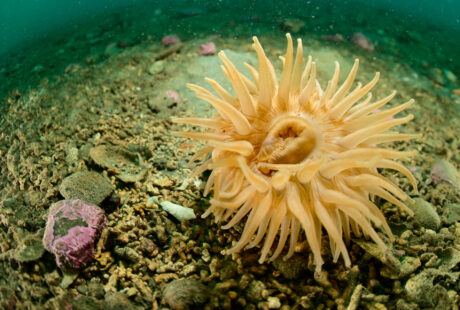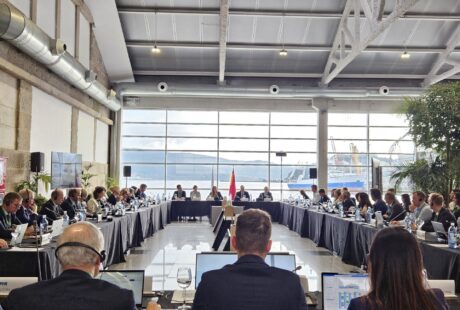As the International Seabed Authority (ISA) concluded its July 2025 Council and Assembly meetings in Kingston, one clear message stood out: deep-sea mining in international waters remains off limits – for now. Despite pressure from a handful of industry-aligned actors, no Mining Code was adopted, the rulebook that would enable commercial exploitation of the deep sea. Crucially, no deadline was set for its completion, giving science, civil society organisations, and governments more time to scrutinise the risks of opening Earth’s last untouched frontier to industrial extraction.
This comes as the draft Mining Code still contains serious unresolved issues and scientific uncertainty remains a central concern. There is still no credible evidence that mining can proceed without causing serious or irreversible harm. The deep sea harbours some of the most fragile and least understood ecosystems on the planet and we are only beginning to understand their biodiversity and ecological role.
The economic rationale is also weakening. The minerals targeted, such as nickel and cobalt, are decreasingly important for green technologies as battery innovation advances and recycling improves. As a result, the promised financial benefits are being called into question, even by experts within the mining sector itself.
Even in Europe, where strategic autonomy has become a driving political objective, there is growing recognition that deep-sea mining is not the answer. As technology advances and circular solutions gain ground, it is increasingly clear that resilience lies not in expanding extraction, but in reducing dependencies.
Countries Reject A US Power Grab
Despite these red flags, The Metals Company (TMC) continues its rogue campaign to be the first to mine the deep sea. Backed by the Trump administration, TMC has sought to secure approval to begin mining in the Pacific outside the oversight of the ISA.
But this attempt to bypass global governance was met with unanimous rejection by ISA members. Governments were clear: the deep sea is the common heritage of humankind, and no single country or company can act unilaterally. Therefore, in a rare but critical step, the Council decided to launch an investigation into possible non-compliance – sending a strong message that direct and indirect support for bypassing the ISA will not be tolerated.
Assembly Outcome: A Missed Opportunity
The ISA is facing a pivotal moment – one that will determine whether it evolves into a credible steward of the deep ocean or becomes a vessel for narrowly defined industrial interests. Despite growing global expectations for ocean governance, the supreme body of the ISA – the Assembly – failed to launch a General Environmental Policy that would align the ISA with modern biodiversity standards, such as the Global Biodiversity Framework and the BBNJ Agreement (a United Nations agreement that aims to protect biodiversity in marine areas beyond national jurisdiction). The Assembly also declined to initiate a legally required Periodic Review – an essential step to assess the ISA’s functioning and to restore confidence in its mandate.
Both efforts were blocked by a small group of states, led by China, determined to prioritise the rapid finalisation of the Mining Code over institutional modernisation.
The choice is becoming stark. The ISA can embrace transparency, science, and accountability – or risk losing credibility altogether.
Growing Momentum for a Moratorium
And yet, the tide is turning. At the Assembly, Croatia announced its precautionary pause position, thereby joining the 38 countries now supporting a moratorium, precautionary pause, or ban on deep-sea mining.
The message is simple: rushing a flawed Mining Code is not a solution – it is a risk to people, planet, and the very legitimacy of the ISA.
What’s needed now is not haste, but leadership grounded in precaution. The real test for the ISA is not whether it can regulate mining, but whether it can resist pressure, uphold science, and defend the ocean as the common heritage of humankind, for current and future generations.
Posted on: 26 July 2025



